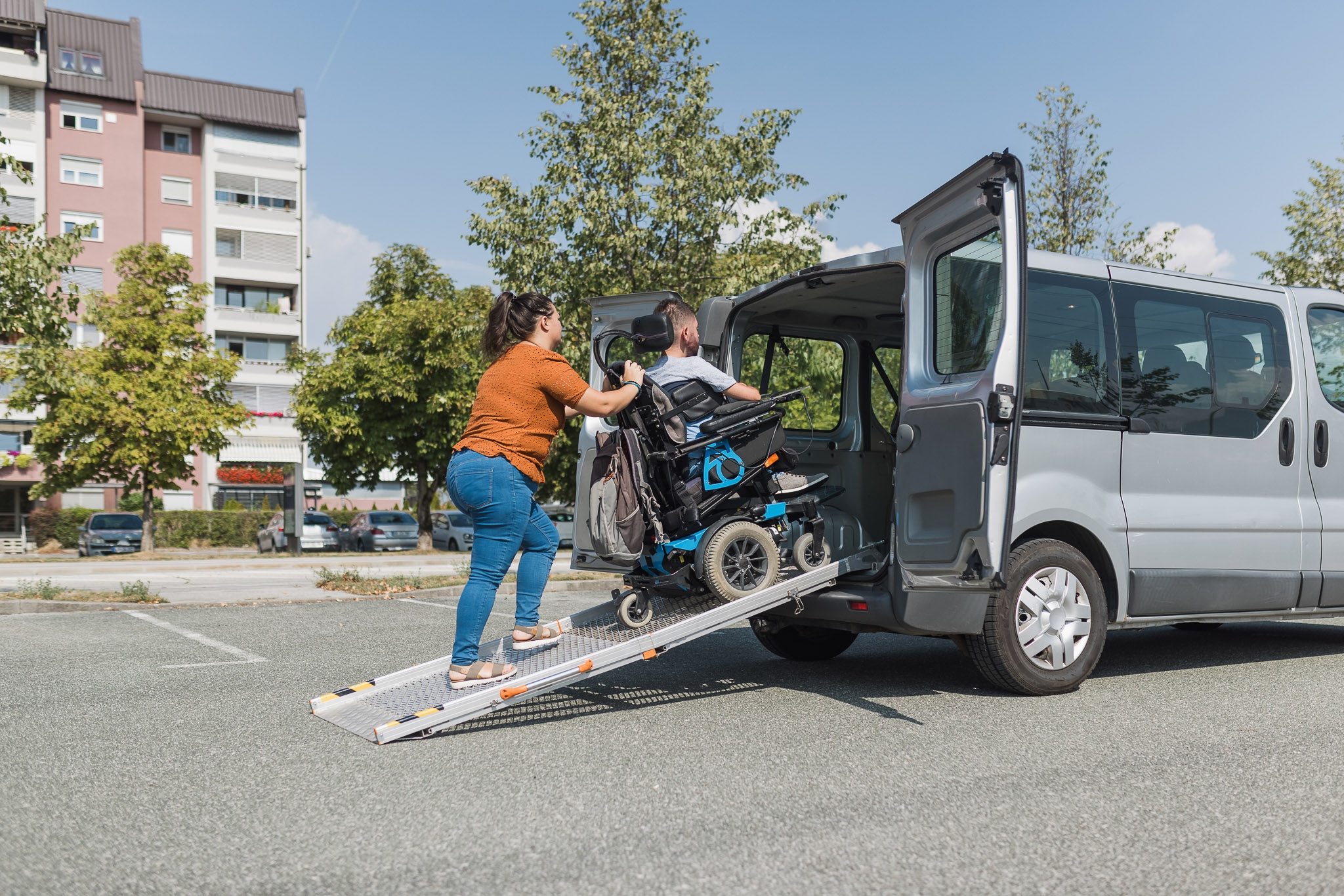
Published: Tuesday 7 October 2025
Support at Home Indicative Pricing – Advocacy Win for OTA
From 1 November, OTs working under the Support at Home Program will be able to bill for both direct and indirect clinical activities. Previously, the Department's pricing guidelines, released in March 2025, stipulated that only face to face times could be billed under the indicative pricing model. OTA has been calling on the Department to reverse this decision. We are pleased to see the Department have heard us and are responding to our concerns.
You can read more about the Departments position following this link: https://www.health.gov.au/resources/publications/support-at-home-prices-for-allied-health-and-nursing-services-fact-sheet-for-providers
NDIS Evidence Advisory Committee consultation
The newly established NDIS Evidence Advisory Committee (EAC) is undertaking its first round of assessments on selected disability supports. The EAC will make recommendations to government on the safety, suitability and value for money of supports for NDIS funding,
They are seeking feedback from people with disability, their carers, researchers, clinicians and service providers on the following supports:
- Active passive trainers
- Assistance animals for autistic people or people with intellectual disability
- Psychiatric assistance dogs
- Seizure alert dogs
- Exercise physiology
- Smart home appliances (for cooking, cleaning and gardening).
Feedback is sought via survey, or via email by 9 November 2025.
Find out more at: https://consultations.health.gov.au/evidence-advisory-committee-eac/september2025/
NDIS supports list transition period ends
On 3 October 2025, the transition period ended for NDIS Supports. Last year, the temporary NDIS Supports list was released and government provided a one-year grace period to enable participants and carers to adjust to the new approach. During this time, purchases of supports or services that were not NDIS Supports would not need to be repaid up to the value of $1,500.
Participants must now ensure that they do not use NDIS funds to purchase items or services that are not on the NDIS Supports list (or on the Supports that are not NDIS Supports list), or a debt may be raised by the NDIA and the participant will need to repay the amount.
OTA recently provided our submission to inform the final NDIS Supports list which is to be established in law in coming months (final dates TBC by government). In our submission we highlighted the challenges faced by participants, clinicians and plan managers in interpreting the new approach of having both an ‘In’ and ‘Out’ list which are not comprehensive, and may potentially lead to misinterpretation, incorrect purchasing or debts being raised.
Related Tags




